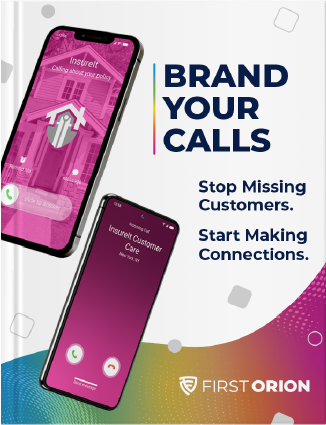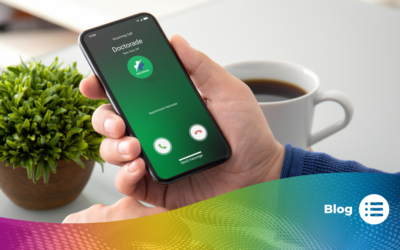Ever heard of Cryptocurrency? Unless you’ve been living under a rock, it’s become one of the world’s hottest topics. Household names like Bitcoin have been around for a decade or so, while FTX and Coinbase are vying for your investment.
During the Super Bowl, fans at home saw no fewer than 4 different companies pitching their cryptocurrency on TV ads that cost around $7 million for 30 seconds of airtime.
The quick rise in popularity for this alternative, high-tech monetary medium has also led to a rise in cryptocurrency scams.
Crypto and Scams
Cryptocurrency is a type of digital fund. The most common way cryptocurrency is created is through mining, where computers work to solve complex puzzles to verify transactions on the network. When the computers plug in the right solutions, a “reward” is issued, thus crypto is born!
Encrypted and secured in a digital wallet, cryptocurrency can be used to buy just about anything (so long as the company accepts this form of exchange).
Most people, however, use it as an investment tool, like stocks. Think Bitcoin or Coinbase.
You’re probably wondering, What does this have to do with scam calls?
Everything! Cryptocurrency has managed to creep its way into the scamming industry. Recently, scammers have been getting their hands dirty, working hard to swindle people out of their digital money. In the last year alone, scammers swiped $14 billion worth of cryptocurrency. That’s almost twice as much as the year before!
A Scam with No Punchline
A phone, QR code, and impersonator walk into a bar.
Sounds like a setup for a funny joke, right? For those who’ve fallen for the gag, not so much. This is a scam the FTC has had its eye on recently.
Imagine, you receive a call from someone, usually claiming to be law enforcement or a government official. They’ll spin a story – maybe you won the lottery, or you miraculously owe the IRS an innumerable debt. And the only way to cash in or cash out is through a cryptocurrency ATM.
With the “official” directing you, they’ll have you put money into the ATM, then scan a QR code they’ve conveniently sent you. Once you scan the code, POOF! Your money is all gone, with no way to get it back.
Avoid the Scam
Retailers and brands won’t be on the other line demanding you pay them upfront with any sort of cryptocurrency. So, if anyone calls, claiming to be an official or vendor says, “Crypto or nothing,” that’s your sign to hang up. In reality, anything requiring you to load a gift card or send a QR code to pay off your “outstanding warrant,” is an obvious red flag.
The best way to avoid scams is to stay up to date on the latest Consumer Information Blogs the FTC has to offer. That, or have a mobile carrier with branded communication solutions (but we’ll get into that later).
Protection for the Future
Now that you know what to look for in crypto scams, the next step is to report, report, report.
If you think there’s a scam afoot, alert the FTC, CFTC, or SEC of the suspicious activity to ensure your money is safe and prevent scammers from snatching someone else’s wallet.
If it’s too late and you’ve lost your money, you’ll need to contact the cryptocurrency site you used to send the digital exchange. You won’t get your money back, but it’s less likely you or others will get scammed with your warning.
Hold on tight to your (digital) wallets, folks!
First Orion, a leading solutions provider for mobile carriers and enterprises, tracks scam call data to help us transform the mobile communications experience. We also protect consumers with our free PrivacyStar app, available for Apple and Android devices.




